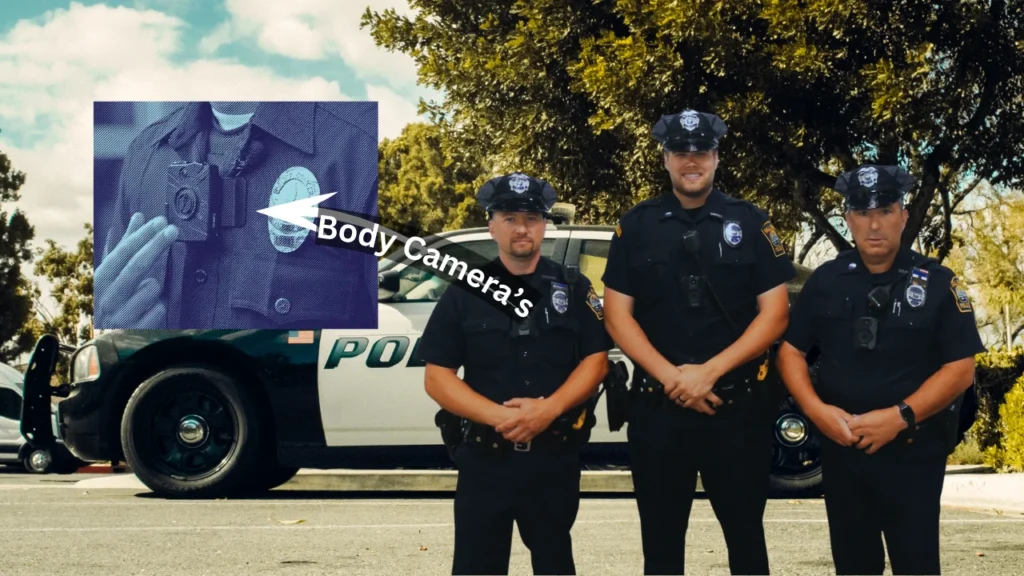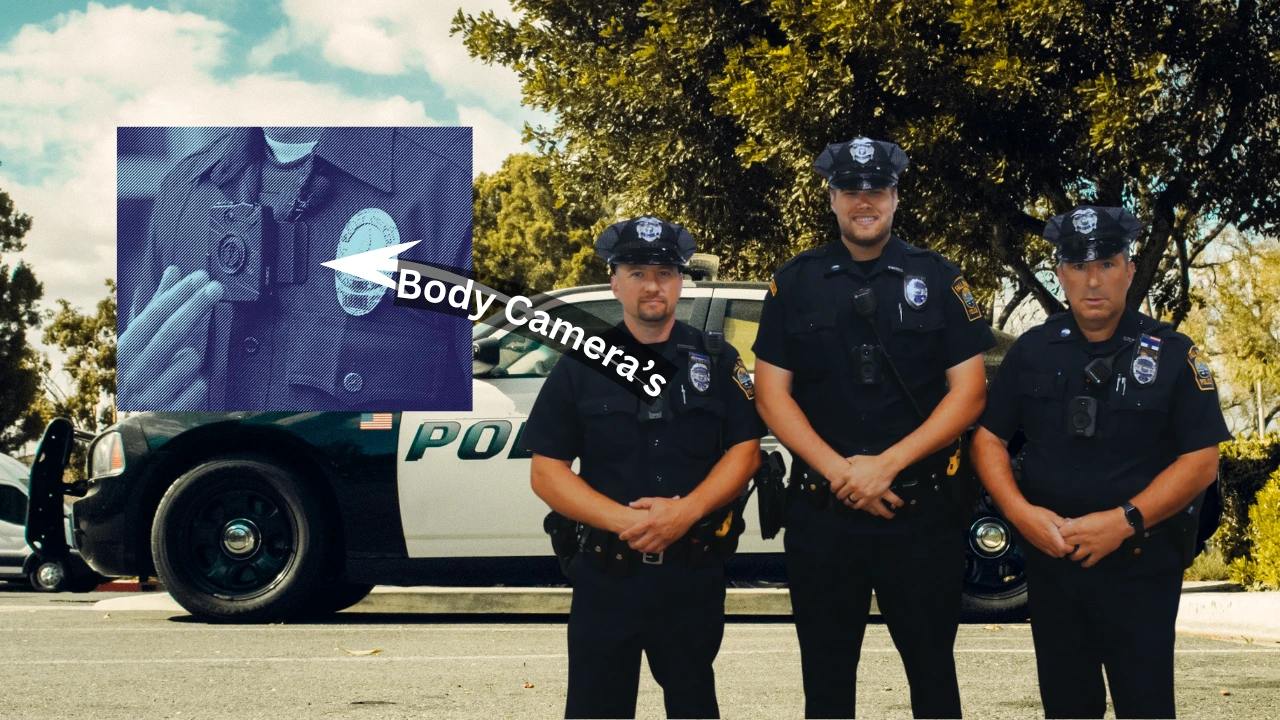How Police Body Cameras Affect Your Legal Rights in California.In recent years, police body-worn cameras have become a regular part of law enforcement across the United States. In California, their use is widespread, and the state has some of the strongest transparency rules in the country.
The idea behind the body cameras is simple: to record what really happens when police and community members interact. These recordings can provide accountability for officers and protection for citizens. But as with any new technology, the body cameras raise legal questions. Who gets to see the footage? How is it used in court?
Does it protect your rights, or can it sometimes work against you? The given blog will break down how police body cameras affect your legal rights in California in clear, everyday language so you understand what protections exist, where the gray areas lie, and how this technology might impact you if you ever find yourself involved in a police encounter.
How Police Body Cameras Affect Your Legal Rights in California-Overview
| Article on | How Police Body Cameras Affect Your Legal Rights in California |
| Access | Footage of serious incidents must be released within 45 days. |
| Court Use | Can help your defense or be used against you. |
| Privacy | Limited recording inside homes or private settings. |
| Limits | Cameras may miss, skip, or show unclear footage. |
| Your Rights | You can request footage and record police in public. |
Why Police Body Cameras Were Introduced
The push for body cameras began as a response to rising public concern about the accountability of police. Highly publicized incidents involving excessive force created a demand for more transparency. Supporters believed cameras could:
- Rebuild trust between communities and police.
- Provide reliable evidence of what really happened in disputed situations.
- Reduce the complaints and use of force by encouraging better behavior from both officers and civilians.
California’s Strong Transparency Rules
California is considered as one of the most transparent states when it comes to releasing body camera footage. Here are the key laws and policies that affect your rights:

- Assembly Bill 748 (2018): Requires that video footage of police shootings or other serious use-of-force incidents be released to the public within 45 days, unless releasing it would interfere with an active investigation.
- Senate Bill 1421 (2019): Expanded public access to records of police misconduct, including certain body camera recordings that show serious use of force or dishonesty.
- Public Records Act: In general, body camera recordings are considered public records, although access can be limited if footage involves sensitive information, minors, or private spaces.
How Body Camera Footage Can Protect You
Body camera recordings can be a powerful tool if you are accused of a crime or mistreated by law enforcement. Here is how they may help:
- Backing Up Your Story
Footage provides a real-time record of what happened. If you say an officer used excessive force, the video may support your version of events. - Challenging Testimony
Police reports and witness accounts are sometimes inaccurate or biased. Video evidence can expose inconsistencies and create reasonable doubt in court. - Providing Context
Situations like resisting arrest or disorderly conduct are often based on interpretation. A video can show the full context of your behavior and the officer’s response, which may make a big difference in how a judge or jury sees your case. - Encouraging Fair Treatment
Knowing the camera is recording may discourage officers from overstepping boundaries and encourage professionalism during interactions.
The Legal Risks of Body Camera Footage
While body cameras can help you, they can also hurt your case. It’s important to know the risks:
- Just as the footage might prove your innocence, it could also strengthen the prosecution’s case if it shows you breaking the law.
- Cameras are not perfect. Sometimes they are not turned on, the footage is blurry, or part of the interaction is not recorded. This can create confusion or even suspicion about what’s missing.
- A video does not always tell the full story. Angles, lighting, and audio quality can influence how the footage is perceived. Lawyers often bring in experts to analyze and explain what the video actually shows.
- If you are filmed inside your home or during a sensitive situation, that footage could raise privacy issues. Sometimes, improperly obtained footage may be ruled inadmissible in court.
Body Cameras in Court Cases
If you are facing charges, the body camera footage can play a major role in your defense.
- Your attorney can use the footage to prove police misconduct, challenge unlawful searches, or confirm that you complied with officers’ instructions.
- If a camera recorded you in a way that violated your rights, for example, inside your home without legal justification, your attorney can argue to exclude that footage from court.
- Missing or tampered footage may raise questions about whether the police handled the evidence properly. This can sometimes benefit your defense.
Conclusion
Police body cameras have reshaped the relationship between law enforcement and the public in California. The state’s strong transparency laws mean that you have more rights than people in many other states when it comes to accessing video footage. At the same time, body cameras are not perfect, and their effectiveness in improving policing remains debated.
| Home Page | https://sbbarristers.com/ |
FAQs for How Police Body Cameras Affect Your Legal Rights in California
Ques.1. Can body camera footage be used in court?
Absolutely, It can support your defense or be used against you, depending on what the footage shows.
Ques.2. Do I have the right to record the police myself?
Yes. In California, you can record police in public as long as you don’t interfere with their duties.
